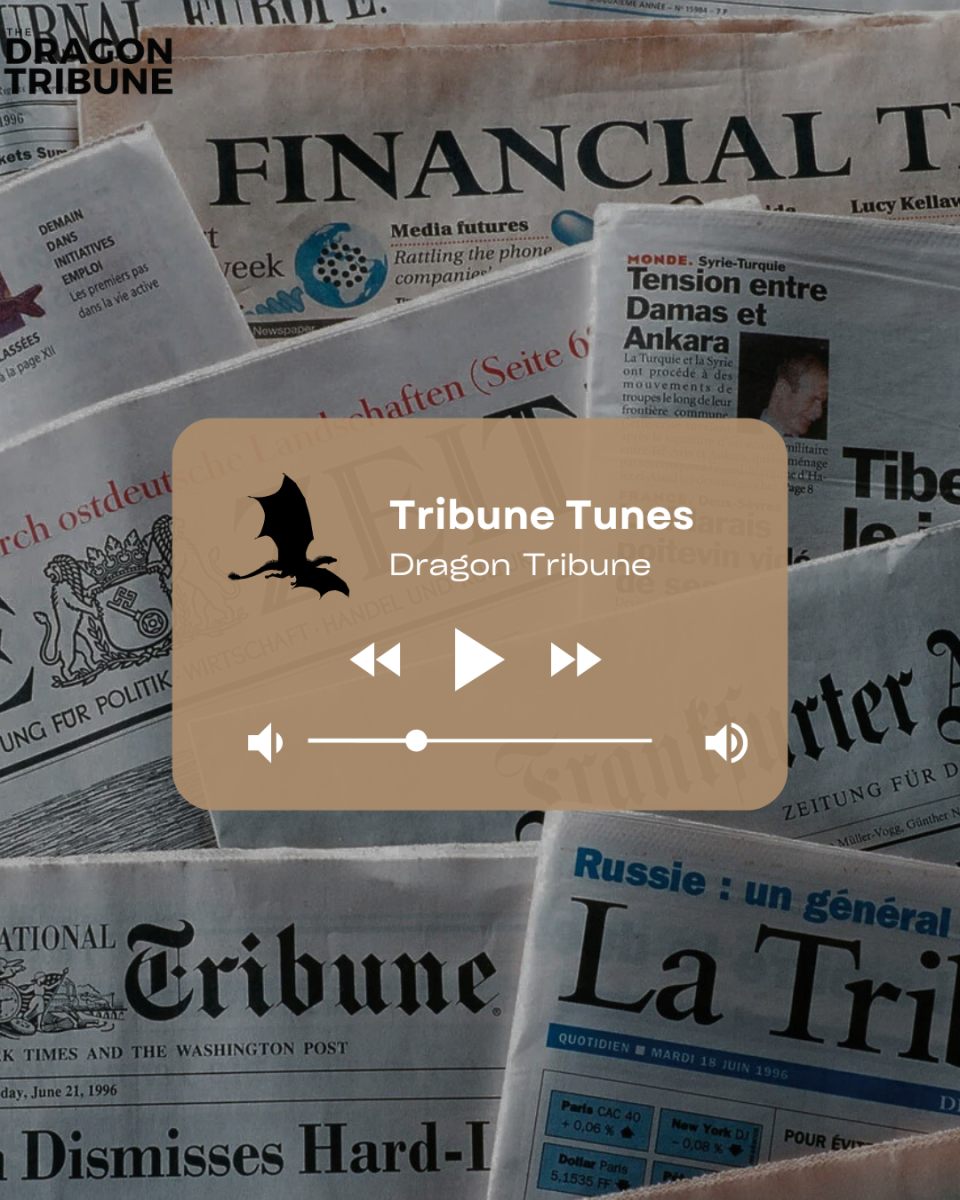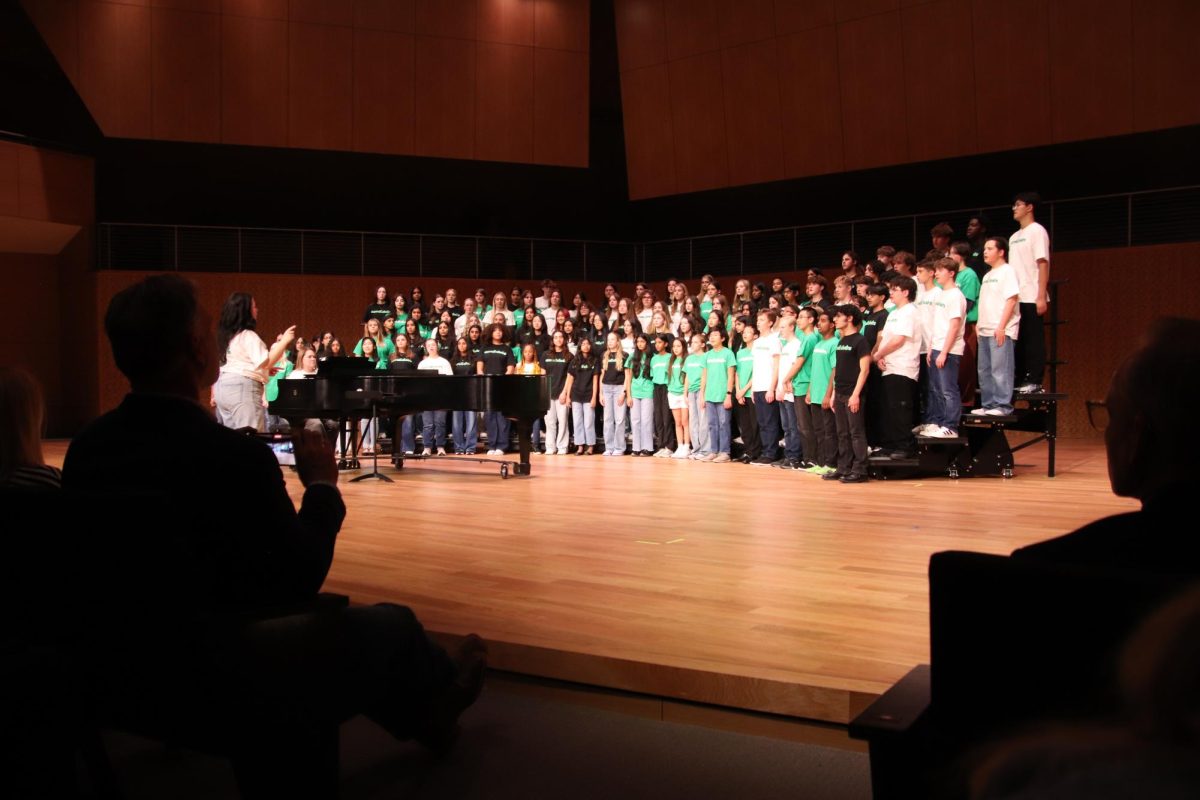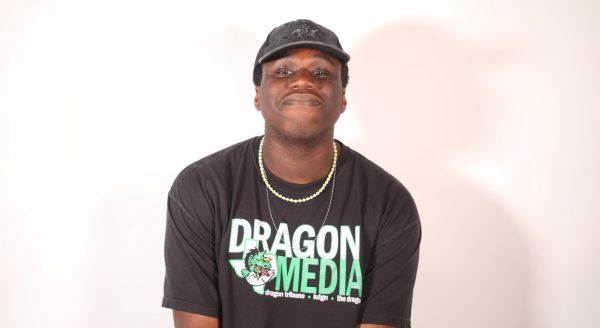Taylor Swift, the biggest musician on the globe, is back with a new record.
It follows “The Tortured Poets Department,” which shattered commercial records, and her extremely successful Eras Tour, which broke Elton John’s record for the highest-grossing concert tour ever. “The Tortured Poets Department”, which stood at 17 songs and 65 minutes, felt long and unnecessarily drawn out. It was slow to a fault, and the songwriting felt needlessly complicated and bland, but that didn’t stop it from selling almost 2 million units in its first week or fueling the remains of the Eras Tour. The album seemed less like a musical statement and more like a soulless cash-grab—and the ploy worked.
But it wasn’t always like this. Looking back on Swift’s older records is like listening to a different woman. “1989” is as cathartic and euphoric as pop gets. “Red” finds the perfect midpoint between intimate country and maximalist pop. Albums like “folklore” and “Midnights” prove that Swift still has that ear for a beautiful melody and can write emotionally resonant pieces like “cardigan” or “You’re On Your Own, Kid.” So when it came out that she was reuniting with Max Martin and Shellback, the Swedish production duo behind some of the biggest hits of Swift’s career, it seemed like she was ready to take risks again and make music that stood to revolutionize the pop landscape. But “The Life of a Showgirl” lacks any of the poise and purpose of her early work.
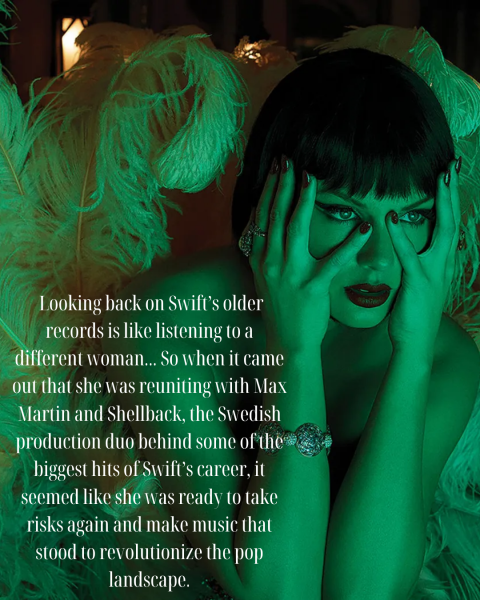 The album starts strong. “The Fate of Ophelia” is subtle but engaging, and the infectious hook continues to weave in and out of your mind long after you’ve finished it. It’s one of the strongest tracks on this album from a lyrical standpoint—Swift draws a parallel to the infamous Shakespeare play “Hamlet” and the character Ophelia, whose descent into madness and eventual drowning is commonly seen as a metaphor for heartbreak and loss of agency. Swift paints a picture of her life before meeting her now-fiancé, Travis Kelce, and says repeatedly that he “saved my heart from the fate of Ophelia.” It’s classic Swift—literary, romantic and deeply personal.
The album starts strong. “The Fate of Ophelia” is subtle but engaging, and the infectious hook continues to weave in and out of your mind long after you’ve finished it. It’s one of the strongest tracks on this album from a lyrical standpoint—Swift draws a parallel to the infamous Shakespeare play “Hamlet” and the character Ophelia, whose descent into madness and eventual drowning is commonly seen as a metaphor for heartbreak and loss of agency. Swift paints a picture of her life before meeting her now-fiancé, Travis Kelce, and says repeatedly that he “saved my heart from the fate of Ophelia.” It’s classic Swift—literary, romantic and deeply personal.
The momentum carries into “Elizabeth Taylor,” one of the most potent songs Swift has made in a very long time. Named after the legendary actress, it perfectly embodies the “showgirl” persona that Swift wants to create for herself on this record. It, again, connects to Kelce—Swift says on the song that “if your letters ever said ‘Goodbye’ / I’d cry my eyes violet, Elizabeth Taylor,”a reference to the actress’s famously deep blue eyes, and asks Kelce to “Be my New York when Hollywood hates me,” painting him as her refuge from the tumultuous music industry. It’s brilliantly written and produced. At its most explosive, it sounds like the song is breaking away from itself, shifting from tight and muted acoustic instrumentation to glittering synths and thumping kicks in an instant. It’s perfect, and exactly what this album could have been all the way through.
But after “Elizabeth Taylor”, “The Life of a Showgirl” seems to lose any momentum it had in its first seven minutes. Tracks like “Opalite” and “Father Figure” are nice enough, but lack a moment that truly grabs the listener. “Eldest Daughter” is, at best, boring, and at worst, embarrassingly juvenile. And while “Ruin The Friendship” is a nice and heartfelt song, it’s probably the last time on this record that feels anywhere near a return to form for Swift for a long time. Because labelling this album as frontloaded would be an understatement—the second half of this record is filled with some of the most embarrassing and confusing moments of Swift’s career.
Take “Actually Romantic”, for example; this song seems to be a thinly veiled response to British pop iconoclast Charli xcx’s “Sympathy is a knife”, which was released along with her blockbuster album “BRAT” last year. To be fair, “Sympathy is a knife” is obviously about Swift to an extent. But where that song is sharp and introspective, “Actually Romantic” is, instead, oddly snarky. The song quickly devolves into the repetition of an elementary talking point, where Swift says it’s “Actually sweet / All the time you’ve spent on me.” If the writing wasn’t egregious enough, the production is worse purely for how bland it is. This song goes nowhere at all.
That trend continues through the rest of the record. “Wi$h Li$t” and “Honey” are written so plainly that it feels like Swift is beating you over the head with a blunt object, and, production-wise, sound like Swift’s versions of the most mind-numbing songs off of Atlanta rapper Gunna’s new album “The Last Wun,” right down to the subtle trap instrumentals and barely-intrusive-but-kind-of-melodic synths in the background. “Wood” is, admittedly, a fun concept, but it is executed poorly and held back by a dated instrumental that seems to stick out like a sore thumb. And “CANCELLED!” probably would have been extremely successful in the deep dark corners of TikTok five years ago, but in 2025 sounds tone deaf and uncomfortably edgy, especially for an adult billionaire.
The title track is pleasant, but it’s too little, too late. By the time you’ve reached this point of the record, you’ve probably forgotten that this had anything to do with a “showgirl” anyway. The majority of this record seems like Swift and co. couldn’t decide if they wanted to commit to a concept or not, and that uncertainty is evident everywhere on this album. The production walks the line between revivalist soft rock and glossy synth-pop, but never fully leans into any true aesthetic. The lyrics are occasionally introspective and striking, but just as often lose any semblance of focus.
Too often on this record, it feels like Swift is casting as wide a net as possible, and that’s what’s truly frustrating. It’s often so close to the brilliance Swift has shown she’s capable of, but always falls short. “1989” was only a pop masterpiece because of its sharp writing and bold sonic choices. “folklore” and “evermore” both found success due to the way Swift shifted her sound and image to fit the volatile cultural moment. Even “reputation”—far from the best Swift project—took risks and tried things that may not have worked.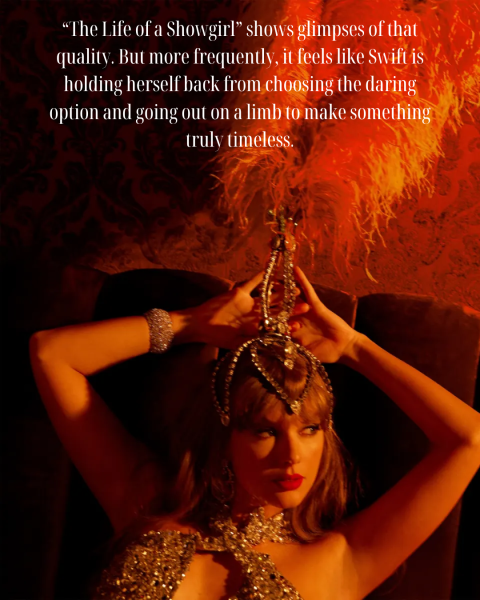
“The Life of a Showgirl” shows glimpses of that quality. But more frequently, it feels like Swift is holding herself back from choosing the daring option and going out on a limb to make something truly timeless. It’s not like she needs to—Swift herself said in an interview with Apple Music’s Zane Lowe that “if it’s the first week of my album release and you are saying either my name or my album title, you’re helping.” And she’s right, “The Life of a Showgirl” has already shattered longstanding records and is only extending Swift’s insane reach. But for an artist who once defined the genre, it’s hard to watch her settle into mediocrity instead of chasing the moments only she can create.
